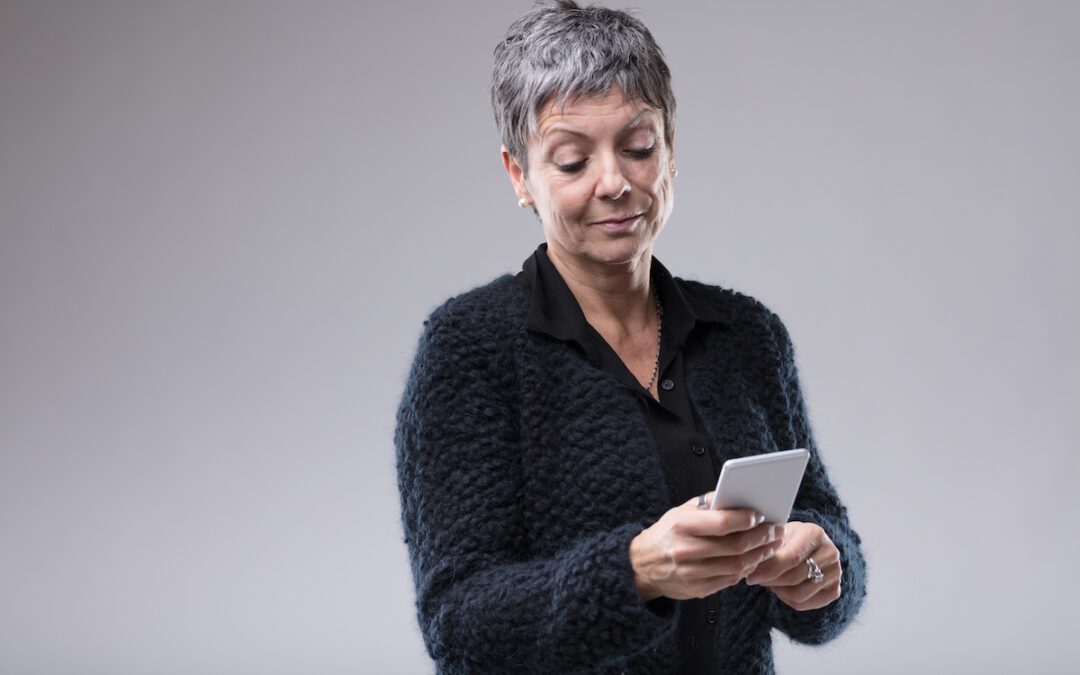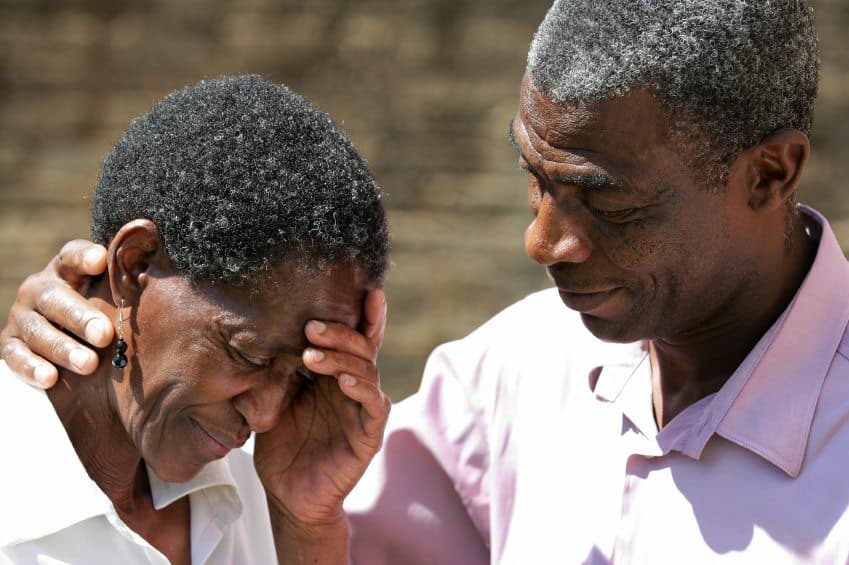
Are You a Caregiver for a Family Member?
Are You a Caregiver for a Family Member?
Becoming a caretaker for a family member is a role that many of us will take on at some point in our lives. Whether it involves assisting elderly parents, caring for a sick spouse or partner, or looking after a younger or adult child with health or mental health issues, the responsibilities are enormous and often challenging. This post aims to provide valuable insights and support for family caregivers, focusing on the stress, emotional, and physical toll of caregiving, and offering guidance on seeking support and counseling.
Understanding the Scope of Caregiving
Caregiving is an act of love and commitment, but it’s also a source of considerable stress and exhaustion. The role of a caregiver can encompass a wide range of tasks, from managing daily activities and medical appointments to handling financial matters and making critical health decisions. For many, this role is not something they’re trained for; it’s something they step into out of necessity and love.
The Emotional and Physical Toll of Caregiving
The emotional and physical demands of caregiving cannot be overstated. Many caregivers experience feelings of isolation, anxiety, and depression, compounded by chronic fatigue and physical strain. This state of constant stress and vigilance can lead to what is known as caregiver burnout—a condition characterized by emotional, mental, and physical exhaustion.
Elderly Care Tips: When caring for an elderly parent or relative, it’s crucial to establish a routine that includes time for rest and self-care. Utilizing available resources such as adult day care services or in-home care can provide much-needed respite.
Caring for a Sick Spouse or Partner: This can bring about a significant shift in the dynamics of a relationship. Open communication and seeking external support from counseling services can help both partners navigate this challenging time.
Caretaker for a Child with Health or Mental Health Issues: The challenges here are unique, requiring not only physical care but also emotional support. Connecting with support groups and educational programs can provide guidance and a sense of community.
Seeking Support and Counseling
Recognizing when you need help is a sign of strength, not weakness. Some people need support, others therapy as well couples need couples counseling.
There are numerous resources available for caregivers, including:
- Family Caregiver Support Programs: These programs offer various services, such as respite care, counseling, and caregiver training to help ease the burden.
- Support Groups: Connecting with others in similar situations can provide emotional support, practical advice, and a sense of belonging. Online forums and local support groups are valuable resources.
- Professional Counseling: Sometimes, speaking with a therapist or counselor can help manage the intense emotions and stress associated with caregiving. They can offer coping strategies and tools to maintain your well-being.
Strategies to Manage Caregiver Stress
- Set Realistic Goals: Break large tasks into smaller, more manageable steps and set realistic expectations for what you can accomplish.
- Seek Help: Don’t hesitate to ask for support from family, friends, or professional services. Delegating tasks can help lighten your load.
- Prioritize Self-Care: Taking care of yourself is not selfish—it’s necessary. Ensure you’re getting enough rest, eating well, and finding time for activities you enjoy.
- Stay Informed: Knowledge is power. Educate yourself about your loved one’s condition and the resources available to you.
Conclusion
Being a caretaker for a family member is one of the most challenging roles anyone can assume. It requires patience, resilience, and an enormous capacity for love. However, it’s important to remember that you’re not alone in this journey. By seeking support and utilizing available resources, you can manage the stress and challenges of caregiving while ensuring both you and your loved one thrive.
Remember, taking care of a family member is a profound act of love, but it shouldn’t come at the expense of your own health and well-being. Seeking support, prioritizing self-care, and connecting with others in similar situations can make a world of difference in your caregiving experience.
If you are a caregiver of a family member and need help, reach out.
Counseling for Older Couples & Seniors







